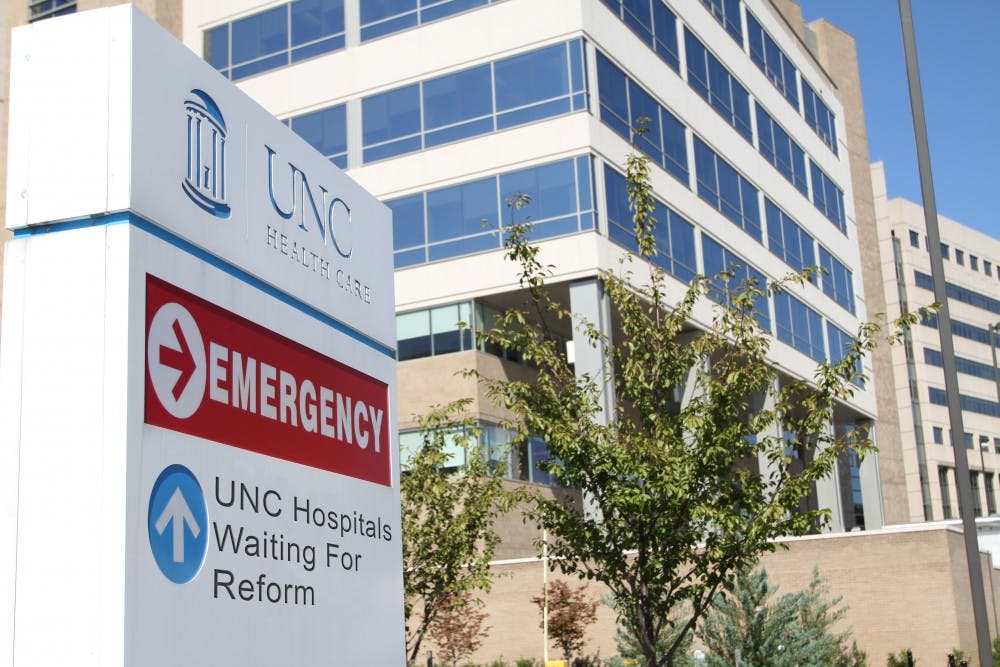But this is regarded as a problem in the central structure of the health care system, not the individual hospital, said Paul Brown, a professor in the health policy and management department at UNC.
“It’s sort of being dumped onto hospitals at this point,” Brown said. “Now we’re making the dumping part of the process.”
Making ends meet
The hospital’s business model has forced administrators to look to the paying customers to make up the gap, McCall said.
“We charge them more than it costs us to provide care,” she said.
Overcharging patients who are insured is necessary to maintain operations, but it still doesn’t provide enough to upgrade the hospital.
“The impact is that we don’t have as much money to put into programs, capital, salaries, any of the above as some of the people who don’t have to do this,” McCall said.
Some insurance companies have increased their rates to accommodate for the hospitals’ overcharging.
In the past six years, UNC Hospitals changed the proportion of losses by encouraging more patients to apply for charity care if they knew they would not be able to pay.
Officially applying for charity care could save the hospital money because it has a better chance of being reimbursed through federal programs, McCall said.
Even if a patient does not qualify for any program, UNC Hospitals works with the patient to negotiate a manageable payment plan or co-payment, she said.
Taking on the burden
To get the day's news and headlines in your inbox each morning, sign up for our email newsletters.
As a state hospital, UNC Hospitals also takes on the burden of referrals from outside counties, Dalton said.
Community hospitals are required to take charity cases, but many are unable to provide the same breadth or specialization of services as UNC Hospitals.
And hospitals in smaller towns have their own problems.
“The dollars in smaller communities are equally as staggering for their hospitals as is the figure that UNC is providing,” Dalton said.
McCall said even if financial troubles continue, charity care is part of the hospital’s mission.
“The whole purpose was to provide a place where any patient in North Carolina can be treated regardless of ability to pay,” she said. “It’s such a part of who we are.”
Bucking the trend
Despite the challenges, UNC Hospitals continues to top rankings nationwide because it prepared for these losses, McCall said.
“We’ve kept our costs down for years, and we’ve always tried to live within our means,” she said.
And even as funds tighten, staff satisfaction was reported to be in the 71st percentile of hospitals nationwide.
“We make sure everyone’s aware we have very specific goals we’re trying to achieve,” McCall said.
The hospital improved operations without much expense by decreasing emergency room waiting time by a half hour as the number of visits rises, McCall said. They cut out a step in the process.
“We are triaging patients and getting them directly to beds,” she said.
It’ll take operational innovations like that for the hospital to last until health care reform brings more insured patients.
“This is really what’s going to help us — health care reform.” McCall said.
Contact the State & National Editor at stntdesk@unc.edu.




